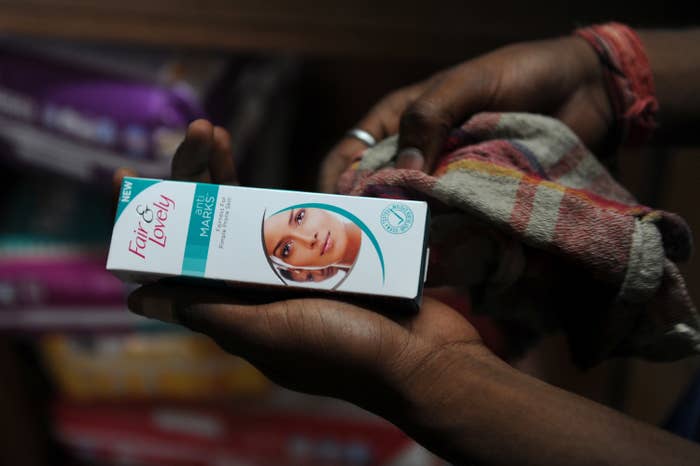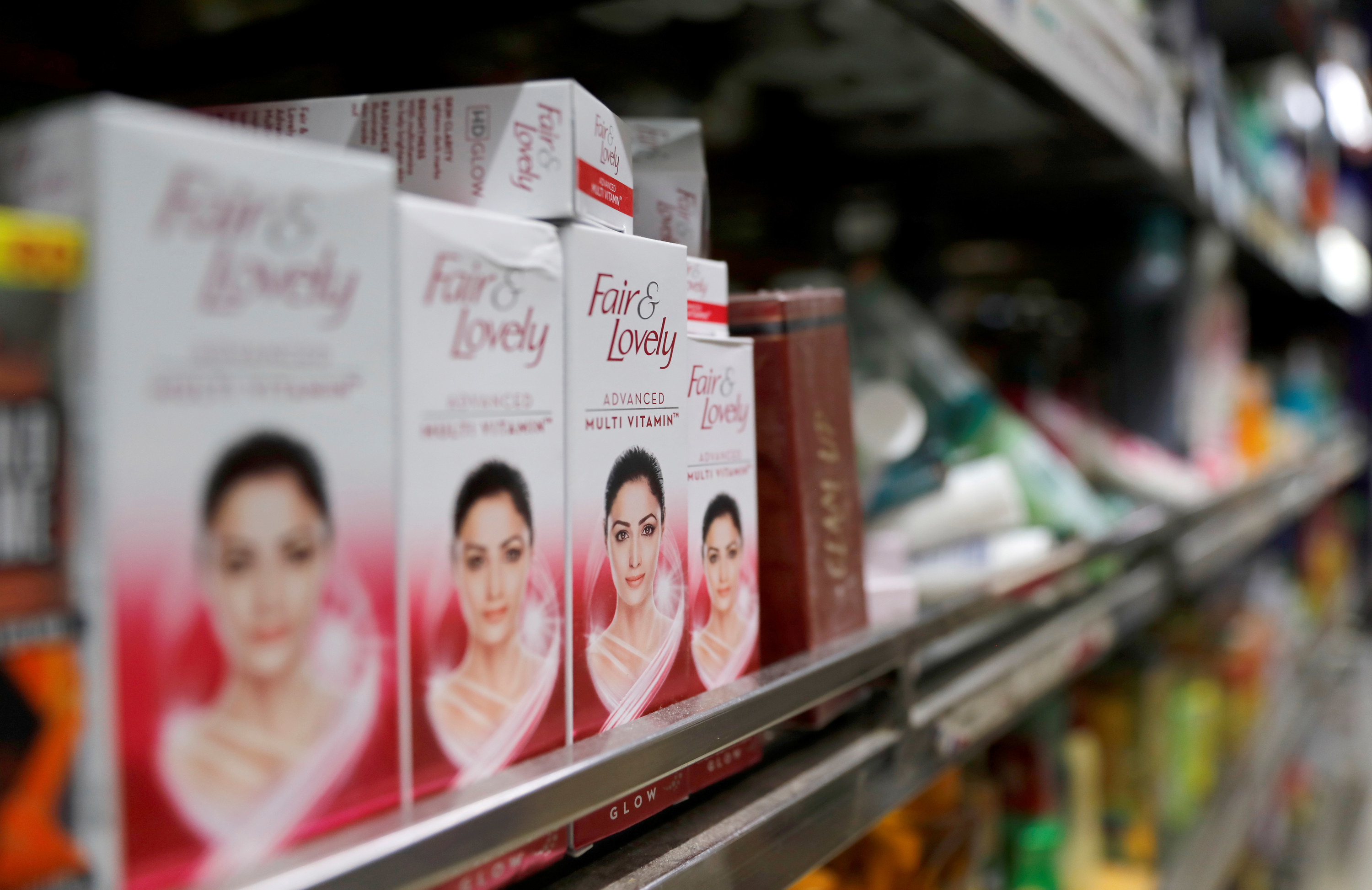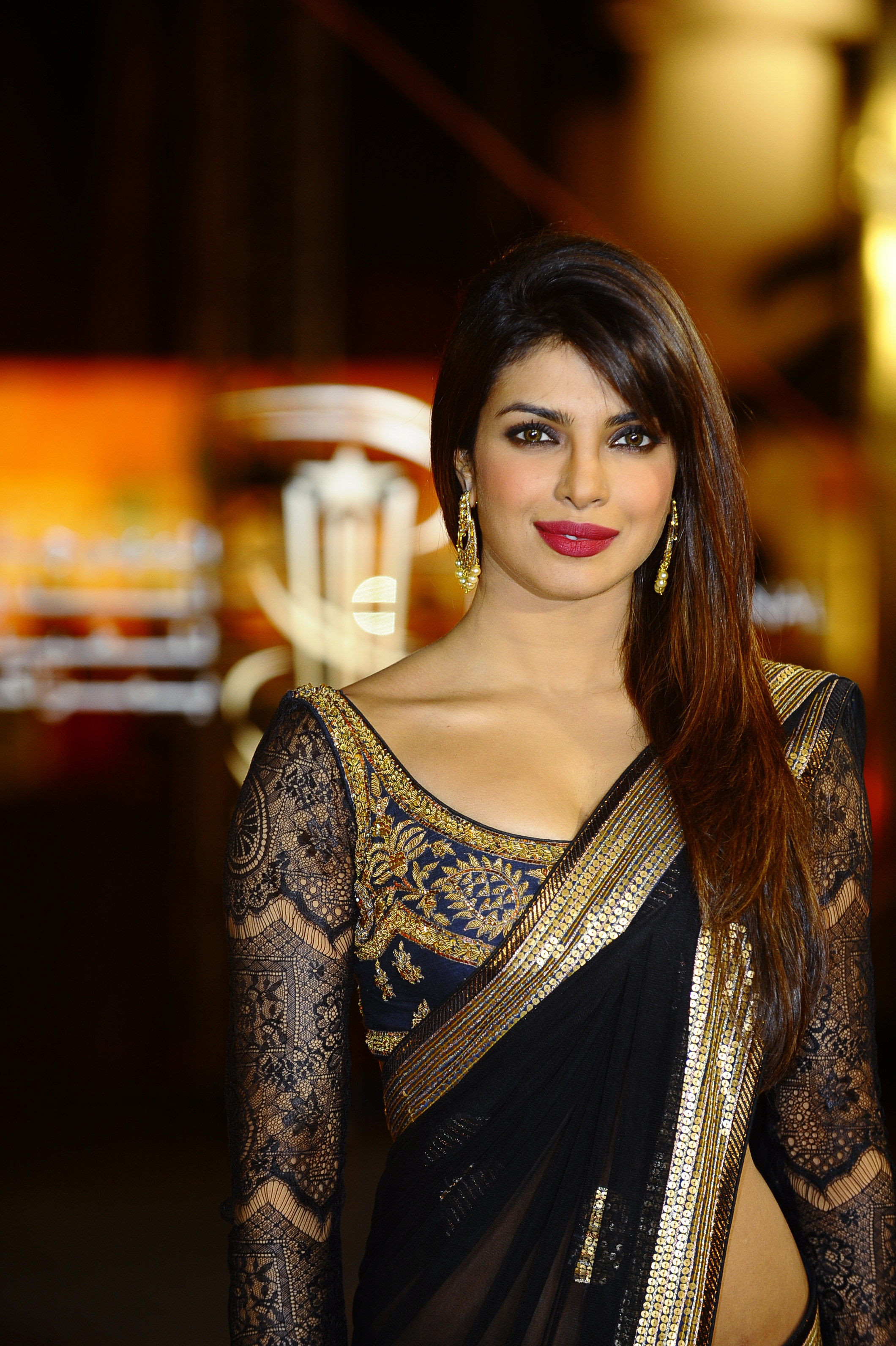
As a kid, I spent most of my summer vacations with my grandparents. They lived in a sleepy small town, and I loved my lazy holidays there - spending my days eating and playing with the neighbourhood kids. It was during one of these vacations that I first discovered something about myself that would continue to haunt me for years.
As I played outside with my friends, everyday, in the sweltering June heat, my grandmother would shout and attempt to pull me back into the house. "Aur kaali ho jayegi'" (you'll get even darker in the sun), she'd say. As a 5-year-old, this concept had never even crossed my mind. My parents couldn't care less about the colour of my skin, and I was all the happier for it. But to grandma, who had always put a premium on fair skin, this was war.
She'd vigorously bathe and scrub me with malai (cream) every other day, perhaps hoping my dark colour would run like that of a tie-and-dye dupatta. Needless to say, it was a futile exercise. After every bath, I'd emerge stinking of dairy, and ended up developing a massive aversion to malai that exists to this day. On more than one occasion, these relentless scrub sessions would end with me in tears.
This was the first time I felt that something about me wasn't quite right. It didn't help that my brother and cousins were all milky fair. I'd hear relatives wonder out loud as to why I was dark when my mom was fair.
All this got to my head, so much so, that I decided to take matters into my own baby hands, and become fair once and for all. I saved up my pocket money, and sneakily bought myself a tiny 10-rupee tube of Fair & Lovely. I was 8.
When I look back at that incident, I feel silly and angry at myself for letting it get to me. I feel angrier at the pharmacist who felt it right to sell Fair & Lovely to a clearly delusional 8-year-old with a bunch of 2-rupee coins. Nevertheless, I was steadfast in my resolve, and proceeded with my nightly beauty rituals. Slyly sneaking the tube into the bathroom, I applied a dot of Fair & Lovely every night (being careful to not waste any - it was crucial to my plan of action), and diligently rubbed it into my face with my dark little hands, like my life depended on it.
Spoiler Alert: It didn't work. Of course it didn't work - it's all a sham. But the 8-year-old me was now out of ideas (AND pocket money - ugh!), and rather tired of all the effort I was having to make. The expenses weren't helping, I could be having ice cream with all that money. And so, I stopped trying.

But it never got easier. Kids are mean, and very often, at school, I'd get teased about being dark. I was generally a bossy child, so I'd chide them or pass a snarky remark, and move on. Just that, in my head, I never really did. My colour stuck to me like a part of my identity that I couldn't defeat and get rid of. It didn't matter how smart, articulate, well-dressed, or witty I could be - I'd always be all of that in the same skin.
It wasn't just me. I've had friends whose moms, all through school, would make them put on besan, haldi, and lemon face packs everyday, because it helped with skin lightening. I'd make fun of it, but secretly wonder if it really worked. Stray relatives would advise me to not play too much basketball in the sun. I learnt that with my skin tone, I should avoid wearing neon and yellow outfits, and that even my white school uniform made me look darker.
I learnt a new way to define myself - I wasn't dark, I was 'dusky'. Oh how I hate the word now. It's the polite Indian way of saying you're dark, but not all that dark. My skin tone came with a whole new sphere of education, and I lapped it all up.
My complexion naturally cleared out a little as I graduated from college, and spent less time attending school assemblies or travelling to college in the metro. It helped that I moved to London for my master's degree, and saw no sun for two years straight. The year I came back to India, I heard a lot of, “Arre wah, rang saaf ho gaya!” (Great! Your complexion has cleared up!). It was a personal achievement I had made no contribution towards, and a compliment that wasn't one.
Was I good enough now, though? Not quite. As I excitedly dressed for a friend's wedding, two months ago, my grandma asked me to change into another lehenga, because the one I was wearing made me look darker.
So no. I don't think the environment around me has changed at all. It's 2020, and for some reason, celebrities are still endorsing skin lightening creams. If Fair & Lovely ads are to be believed, I should be serially turned down for job interviews and marriage proposals, and generally have no good befall me.
Luckily, I've changed. The 26-year-old me knows better than to weigh herself by the colour of her skin. I've also had parents and friends that have always hyped me up, and taught me to value myself by my education, talent, and personality. How many women around me can count themselves equally lucky? Not too many.

Because, somehow, everyone is still looking for a 'fair, slim girl' in your local matrimonial ad. Celebrities like Priyanka Chopra and Kajol, once lauded for their deeper skin tones, are fast slipping into the vortex of skin-lightening treatments. And beauty brands are still releasing twenty shades of foundation for fair skin tones, with two token shades for darker ones. It doesn't help that the darker shades are all weirdly named after food - from ‘chocolate’ and ‘almond’, to ‘toffee’ and ‘coffee’, while the lighter shades get away with a simple 'nude' or 'light'.
It's a strange hangover of colonial colourism that simply refuses to go away - no matter how much malai you scrub it with. In retrospect, I find it hard to blame my grandmother, for the subconscious conditioning runs far too deep, and she probably had my best interests in mind. Behemoths like Unilever and P&G only add fuel to the fire, reinforcing unrealistic beauty standards in a tropical country where most of the population is dark to begin with. With products like Fair & Handsome, they're only making a bad problem worse.
As I picture the 8-year-old me hiding in the bathroom, carefully, hopefully applying tiny dots of Fair & Lovely on my face, it makes my heart break. No little girl deserves to be told she isn't good enough because her skin tone didn't match the shade card of your expectations.
These incidents scar you for life, and shape your confidence and self esteem (or lack thereof) for years to come. As much as I may make light of them now (no pun intended), I know that repeated stray comments about my skin tone have left a lasting impact on me.
None of this should have any space in today’s reality - neither this line of belief, nor products like Fair & Lovely. Unilever’s decision to remove the word 'fair' from the product is heartening and a major step towards undoing a long line of social injustice. However, while such corporates massively add to the problem, our mindsets at home are what perpetuate it.
Until those pesky matrimonial ads asking for 'fair and beautiful brides' go away, until we stop snarkily sharing home remedies for attaining fairer skin, until we truly begin to look beyond colour, ourselves, nothing will change. One can only hope that this doesn’t devolve into a more sophisticated form of colourism, because we’ve already reached vaginal skin lightening creams - what’s next?
